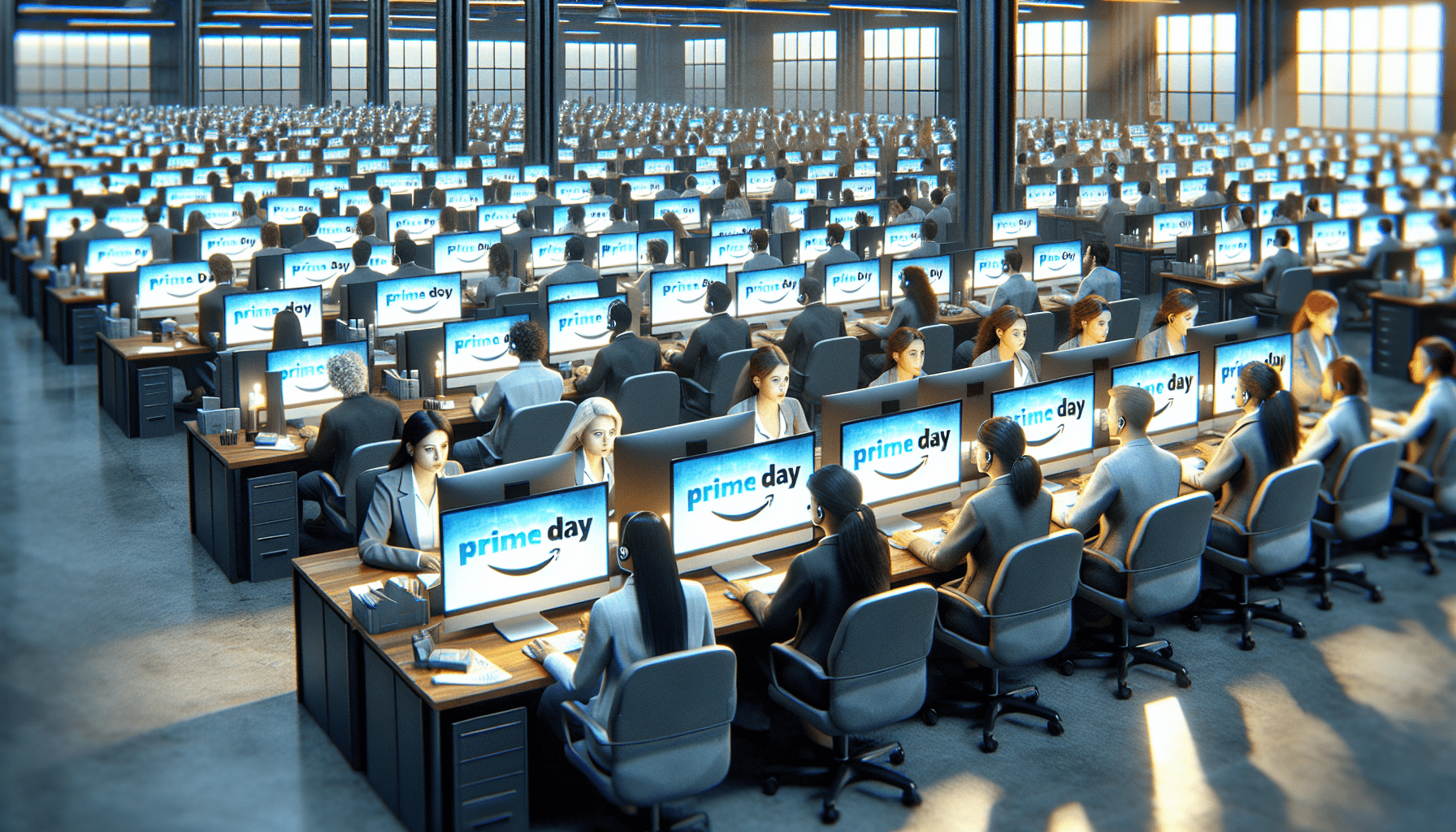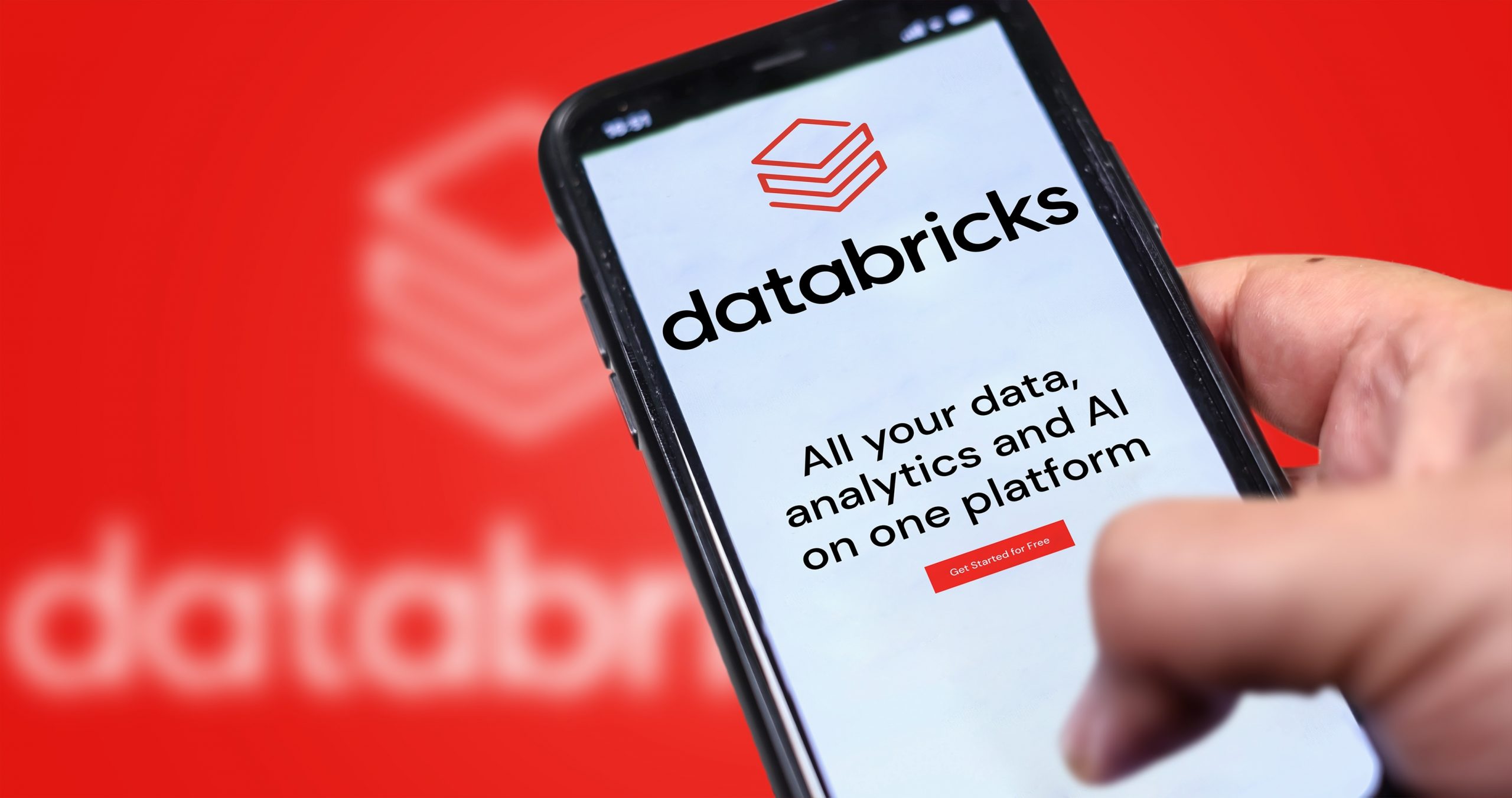What is the Metaverse Anyway?
Facebook announced it's changing its name to “Meta,” signaling that 3D virtual reality platforms are about to expand in a big way.

For most people on Earth, the COVID-19 pandemic served as a type of involuntary emergency brake—everything in the real world slowed down.
But on the other end of the spectrum, humanity’s increased reliance on technology pushed that sector into overdrive—things have sped up substantially from a technology perspective in the last couple years. And based on recent developments, the pace of advancements may only accelerate from here.
There’s simply no other way to look at it after one of the world’s largest and most recognized technology companies literally changed its name to better position itself for a technological future that it believes will be closely tied to the “metaverse.”
So what exactly is the metaverse—aside from the new name of Facebook, which is now Meta (FB)?
First and foremost, it’s only a concept. And that concept might be best described as the next iteration of the internet. In the future, it’s envisioned by some that humans will conduct their digital lives via a virtual/augmented 3D reality world: the metaverse.
This digital world would theoretically be accessible via smartphones, personal computers, wearable tech and virtual reality-oriented headsets, among other things. All of which would essentially allow a person to conduct their digital life as an avatar in a digital world—attending work meetings, educational activities or even family events as one’s virtual self.
Clearly, that would represent a much more immersive experience than the ones offered today.
Whether that vision is ultimately realized or something completely different materializes is anyone’s guess. But corporate leaders at the Meta corporation apparently felt strongly enough about the concept that they were willing to wager the future of their company on it.
One company that already operates a type of metaverse is Roblox (RBLX), which has millions of active daily users. After a very promising Q3 earnings report, the stock ripped about 40% higher on Nov. 9.
And “verse-related” developments don’t stop there. Not long after Facebook dropped its Meta bomb, the focus shifted to another huge player in the world of technology.
Nvidia (NVDA), which is well-known for producing some of the most advanced graphics processing units (GPUs) in the world, announced last year that the company was developing the “omniverse.” But that effort gained fresh attention in the wake of Facebook’s transformation to Meta.
Like the metaverse, the omniverse is a concept-stage virtual environment. However, in the case of the omniverse, the target audience is engineers. The goal of the omniverse is to establish a virtual 3D platform where engineers can work on their designs—alone or in collaborative groups.
Ultimately, the vision is that engineers will be able to access and utilize a wide range of software platforms in the omniverse, thus minimizing the silo-effect that can occur when engineers across different disciplines are stuck in their own specific (and isolated) environments.
Nvidia itself doesn’t want to own the omniverse, it only wants to help enable and power it. Although that type of neutral support can ultimately transform into control over the environment—intended or otherwise—as seen with Google’s influence over search engine results.
The closest approximation to the omniverse might be the virtual 3D engineering laboratory used by Tony Stark in the Marvel Universe, which enables this fictional scientist to access a wide range of applications and data during the design process.
It’s expected that the omniverse will play a big role in the design and development of the metaverse.
Either way, it’s clear that the rate of change in the technology sector isn’t going to slow down anytime soon, and these two tech titans—Meta and Nvidia—will undoubtedly play a big role in influencing what the future looks like.
Other stocks that are expected to play a big role in the development of the metaverse are Autodesk (ADSK), Fastly (FSLY), Matterport (MTTR), Microsoft (MSFT), Roblox (RBLX), Shopify (SHOP) and Unity Software (U). Not surprisingly, there’s already a metaverse-focused ETF known as the Roundhill Ball Metaverse ETF (META), which investors and traders may also want to add to their watchlists.
Market participants should also note that after Dec. 1, 2021, Facebook—now called Meta—will officially change its ticker from FB to MVRS.
For timely updates on everything moving the financial markets, readers can tune into TASTYTRADE LIVE weekdays from 7 a.m. to 4 p.m. Central Time at their convenience.
Get Luckbox! Subscribe to receive 10-issues of Luckbox in print! See SUBSCRIBE or UPGRADE TO PRINT (upper right) for more info or visit getluckbox.com.
Sage Anderson is a pseudonym. He’s an experienced trader of equity derivatives and has managed volatility-based portfolios as a former prop trading firm employee. He’s not an employee of Luckbox, tastytrade or any affiliated companies. Readers can direct questions about this blog or other trading-related subjects, to support@luckboxmagazine.com.



















